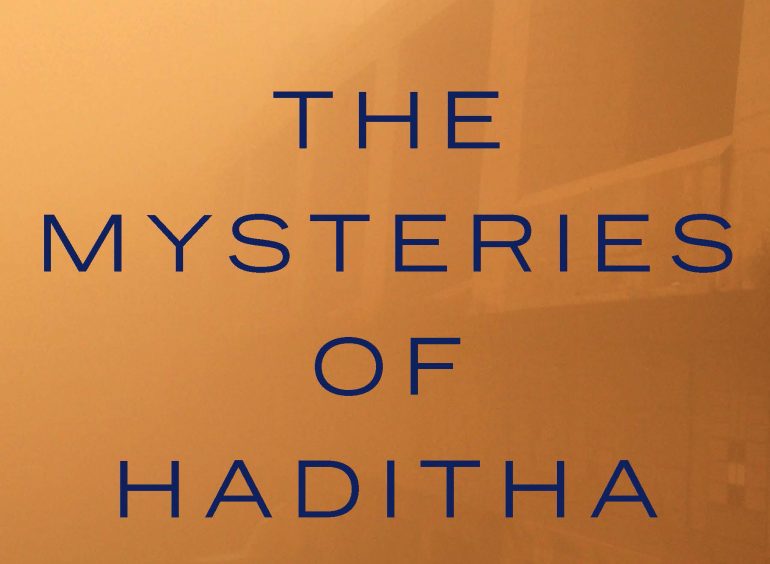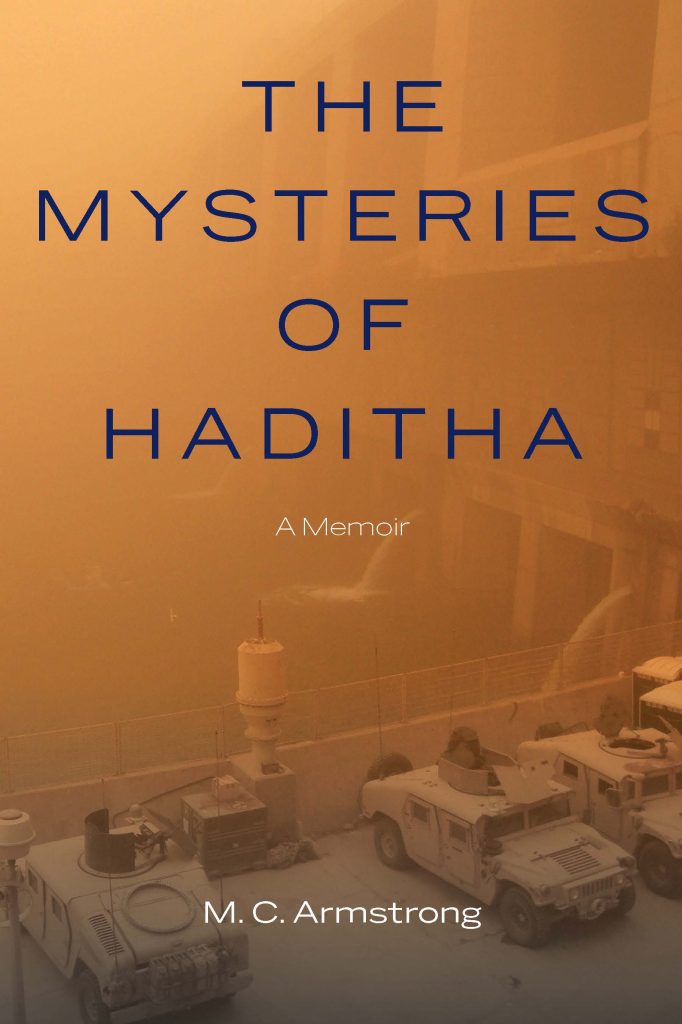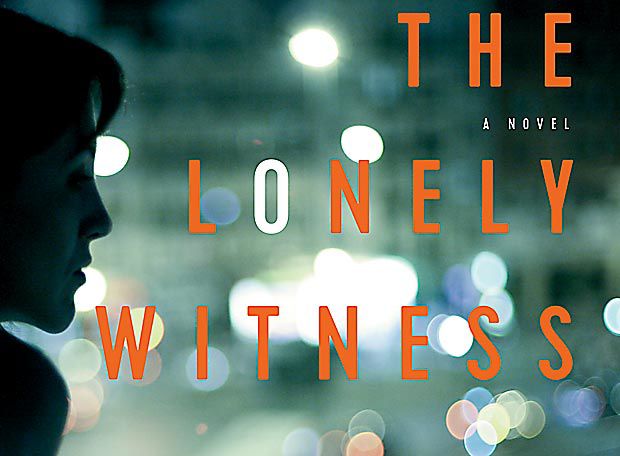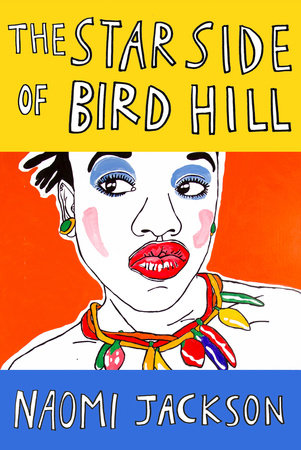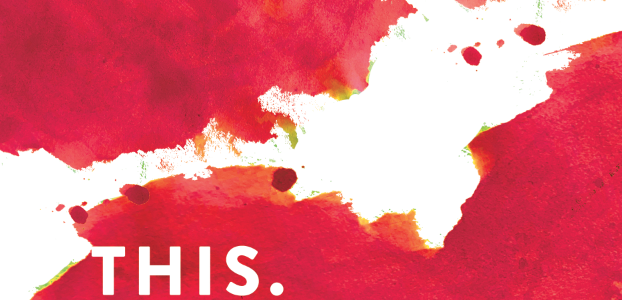
Welcome to another installment of If My Book, the Monkeybicycle feature in which authors shed light on their recently released books by comparing them to weird things. This week M.C. Armstrong writes about his new memoir, The Mysteries of Haditha, published by University of Nebraska Press/Potomac Books.
If The Mysteries of Haditha were a curtain, I’d rip it back and show you a man in his underwear on a cordless phone back in 2004. I’m the man. I’m pacing the warped linoleum of a one-bedroom apartment as one of the most powerful literary agents in New York City asks me a question I’ll never forget:
“Are you a veteran?”
“No,” I say.
“Damn,” the agent says. “Because if you were, I could sell this novel right now.”
This is the story of how a novel gave birth to a memoir. In 2013, nine years after that conversation, this same agent, whom I’ll call “Mel,” invited me to his second home in upstate New York to celebrate my first publication with Esquire. There was snow everywhere. I wrote in his third-story garret all weekend while looking out on white fields. On the Sunday before I was scheduled to fly back to North Carolina, Mel walked up the old narrow Victorian stairwell, sat on the daybed in the garret, and apologized to me for not going out with that novel, titled Support the Troops, back in 2004.
“Support the Troops was too radical,” he said. “I didn’t think it would all come true.”
He told me that an editor at Viking/Penguin had agreed with him. The novel was too radical. Long story short, that “radical” novel told the story of a sick veteran, a man with Gulf War Syndrome who loses control of his body during the first year of the second Iraq War. He suffers seizures. He loses his job. He loses his marriage. He kills his best friend. And that’s just the beginning. In 2008, four years after Mel told me only a veteran could sell slash tell that story, I traveled to Iraq as a journalist and just like the character in my novel, I was exposed to a public health crisis I didn’t understand. Like Joe Biden’s son, Beau, I was exposed to the burn pits, the Agent Orange of my generation.
The Mysteries of Haditha, the memoir I wrote about my time embedded with a JSOF unit in Al Anbar, Iraq, is the story of a guy—me—who is on a mission, but there’s a big omission. I don’t talk about Support the Troops, the book that gave birth to my journey into the heart of the Iraq War. I’ve always been more a maximalist than a minimalist, but I didn’t want to talk about the ghost of Support the Troops in The Mysteries of Haditha. Even as I told the story of documenting the burn pits I could smell every day across the Euphrates, I tried to keep the haunt of that fiction at bay. I wanted more meat in my memoir, less meta. I wanted the reader to see the Iraqis who lived downstream from this monstrosity. I wanted the focus on the mysterious cancers of a sheikh and his son. I wanted American readers to empathize with the people we rarely ever think about: the victims of The Forever War. The people downstream.
If The Mysteries of Haditha were a curtain, I’d rip it back even further and show you a moment at North Carolina A&T, the historically black college that graduated the mastermind of 9/11, Khalid Sheikh Mohammed. That was where I was teaching the week after I returned from Haditha. During office hours, after days of headaches and inexplicable buttery diarrhea, a student walked up to my cubicle. Not only could I not place her name, but I couldn’t even remember her class or if I was even teaching her that semester. Who was she? What had I inhaled over in Haditha? Had I snorted rubber and burned batteries? Had I huffed chemical weapons or the actual corpses of dead Iraqis? Had I taken an unwitting sniff of depleted uranium while camped with those SEALS on the Euphrates?
The friends who I grew up with always accused me of having a memory so ridiculously good that it was bad. They always told me I needed to do “a memory dump,” like I was some kind of computer. That’s why that day at the mastermind of 9/11’s alma mater was so scary. Remembering was who I was. Did I now have holes in my brain like the character I’d imagined back in 2004 when the whole country actually seemed to remember that we were at war? Did I have Swiss Cheese brain like Dr. James Stutts, the veteran who inspired my character in Support the Troops, a physician with Gulf War Syndrome who back in 2002 used his prescription pad to write himself constant reminders just so he could make it through the day?
If The Mysteries of Haditha were a curtain, I’d rip it back one more time and show you a child whose grandmother is dying of Alzheimer’s. Hearing the stories of her scrawling messages in feces on the hallway walls of her Michigan home terrified me. Seeing the vacancy in my grandmother’s eyes during her final years scared the shit out of me. We called her Gaum. She was married to a man we called Bumpa. Bumpa, as The Mysteries of Haditha reveals, was one of the engineers on the Manhattan Project. He helped design the first atomic bomb. My mother used to tell me how Gaum used to always talk about the military-industrial complex before it became fashionable on the left. Before the worst refugee crisis in three generations; before the burn pits; before Gulf War Syndrome; before Vietnam; before we accused Iraq of having WMDs, my grandfather helped design the only nuclear weapon any country ever dropped on another country. Americans tend to forget this inconvenient truth. The real history of American violence is far more important than some gatekeeper’s anxiety about a book being too radical.
M.C. Armstrong was embedded with Joint Special Operation Forces in Al Anbar Province, Iraq. He published extensively on the Iraq War through the Winchester (VA) Star and is the winner of a Pushcart Prize. His fiction and nonfiction have appeared in Esquire, Missouri Review, Gettysburg Review, Mayday, Wrath Bearing Tree, Monkeybicycle, Epiphany, Literary Review, and other journals and anthologies. He lives in Greensboro, North Carolina.

